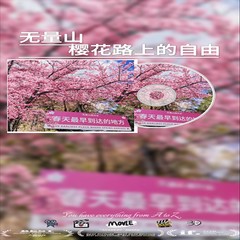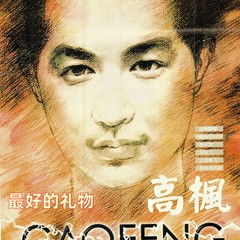Sam Cooke
Sam Cooke was the most important soul singer in history — he was also the inventor of soul music, and its most popular and beloved performer in both the black and white communities. Equally important, he was among the first modern black performers and composers to attend to the business side of the music business, and founded both a record label and a publishing company as an extension of his careers as a singer and composer. Yet, those business interests didnt prevent him from being engaged in topical issues, including the struggle over civil rights, the pitch and intensity of which followed an arc that paralleled Cookes emergence as a star — his own career bridged gaps between black and white audiences that few had tried to surmount, much less succeeded at doing, and also between generations; where Chuck Berry or Little Richard brought black and white teenagers together, James Brown sold records to white teenagers and black listeners of all ages, and Muddy Waters got young white folkies and older black transplants from the South onto the same page, Cooke appealed to all of the above, and the parents of those white teenagers as well — yet he never lost his credibility with his core black audience. In a sense, his appeal anticipated that of the Beatles, in breadth and depth. He was born Sam Cook in Clarksdale, MS, on January 22, 1931, one of eight children of a Baptist minister and his wife. Even as a young boy, he showed an extraordinary voice and frequently sang in the choir in his fathers church. During the middle of the decade, the Cook family moved to Chicagos South Side, where the Reverend Charles Cook quickly established himself as a major figure in the religious community. Sam and three of his siblings also formed a group of their own, the Singing Children, in the 1930s. Although his own singing was confined to gospel music, he was aware and appreciative of the popular music of the period, particularly the melodious, harmony-based sounds of the Ink Spots, whose influence could later be heard in songs such as You Send Me and For Sentimental Reasons. As a teenager, he was a member of the Teen Highway QCs, a gospel group that performed in churches and at religious gatherings. His membership in that group led to his introduction to the Soul Stirrers, one of the top gospel groups in the country, and in 1950 he joined them


 One More Time - Sam Cooke
One More Time - Sam Cooke



























![[STATION] aespa《Dreams Come True》MV Teaser - aespa (에스파)](https://img2.kuwo.cn/wmvpic/324/79/54/2120387380.jpg?imageView2/1/w/195/h/130/format/jpg/q/60)





